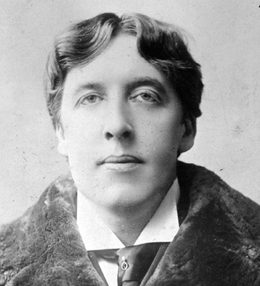When I was young I thought that money was the most important thing in life; now that I am old I know that it is.
— Oscar Wilde
The first Baby Boomer turned 65 in 2011. This generation has a number of qualities that make this an event that is likely to change the market landscape dramatically.
A few items to note:
- Boomers are on pace to live much longer than their predecessors.
- They have presided over the relentless decline of defined-benefit pensions in favor of defined-contribution plans like 401(k)’s.
- They thus have much more of their assets in the stock market than previous generations.
- They also are the first generation to enter retirement with so much debt, and many are on shaky ground, financially.
In short, Boomers find themselves faced with a much longer retirement, and many won’t have the resources to fund it. No matter which way you slice it, this is worrisome news for younger workers. Boomers faced with outliving their savings will either have to work past the traditional retirement age, which will increase the supply of labor, driving unemployment up and wages down, or they’ll have to rely on public assistance.
Let’s set the gloom-and-doom scenarios aside for the moment, however, and focus on just one aspect — namely the shift to defined-contribution plans, and the resulting greater concentration of wealth in the stock market, which is unprecedented in history.
When a sizable chunk of a person’s net worth is tied up in the stock market, and that person retires and begins living off their nest egg, what happens? Unless they can live off dividends alone, the answer of course is they begin selling.
The retiree may be invested in index funds, actively managed mutual funds, or even individual stocks. It hardly matters. In all cases, they will gradually liquidate their holdings, not because a stock’s price had been bid up too high, or a product flopped, or a key member of management retired, or any other factor that might bear some relevance to the company’s value. No, the retiree will sell because they need to buy groceries. Yet those sales will move the prices of those assets every bit as much as the sales of a person who acted based on fundamental analysis.
Some worry-warts have suggested that this will lead to a massive stock market crash. I don’t think that’s likely, personally.1 However, at the risk of beating a dead horse, it does add still more to the massive wave of trades that are based on absolutely no information about the intrinsic value of the assets whatsoever.
It’s Not Just About the Boomers
From 1980 through 2008, the percentage of private sector workers with defined-benefit pension plans declined from 38% to 20%. This trend toward 401(k) plans serving as the primary basis of people’s retirement shows no signs of abating. If anything, it’s accelerating. If it continues apace, by the time Generation X’ers like me retire, it will be near ubiquitous in the private sector, and the public sector is beginning to move in that direction as well.
The debate is fierce as to whether defined benefit pensions or defined contribution plans are superior. I offer no opinion one way or the other — I see good points and bad points with both. The trend away from traditional pensions is clear, however, and the inevitable result is ever more trades that are not driven by judgments of valuation, distorting asset prices still further.
Welcome to the new normal.
- If it did happen, it would be a fantastic buying opportunity, since such a crash would have virtually no connection to any change in the true value of all those assets. ↩

9 Comments